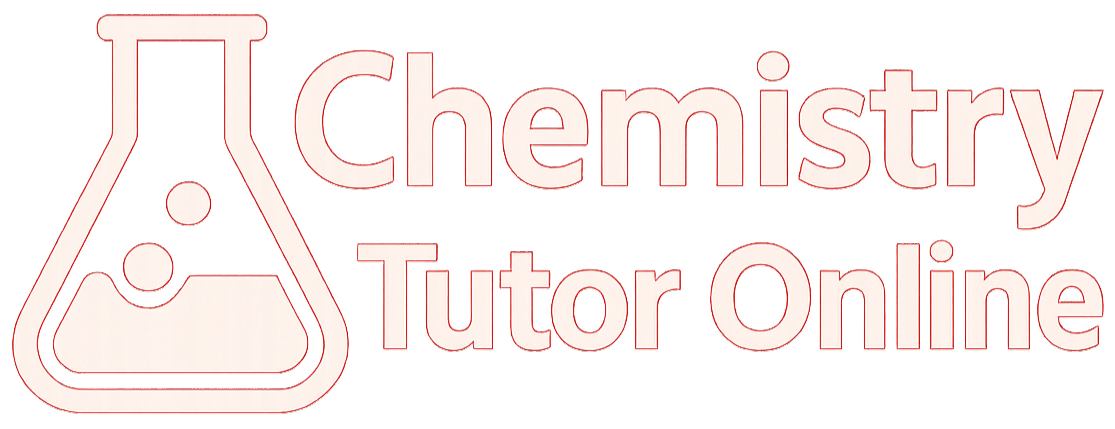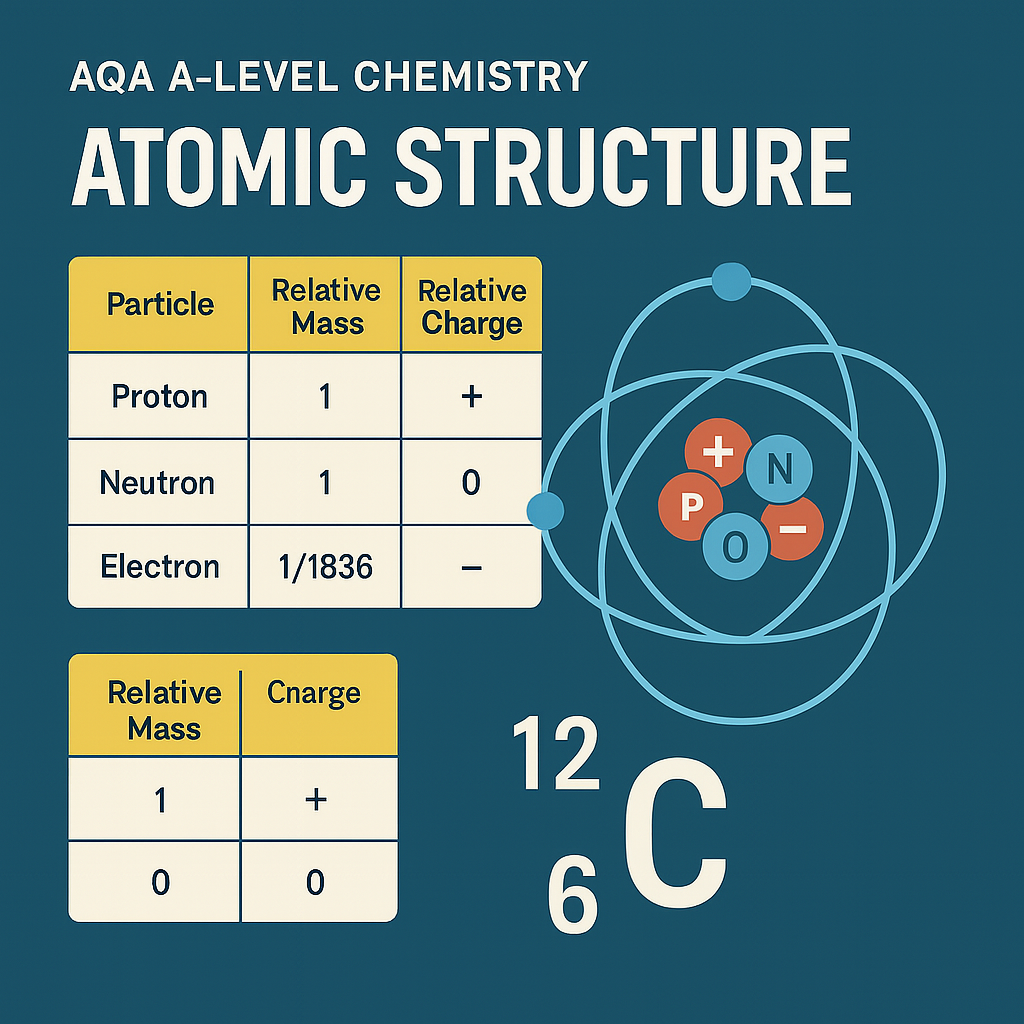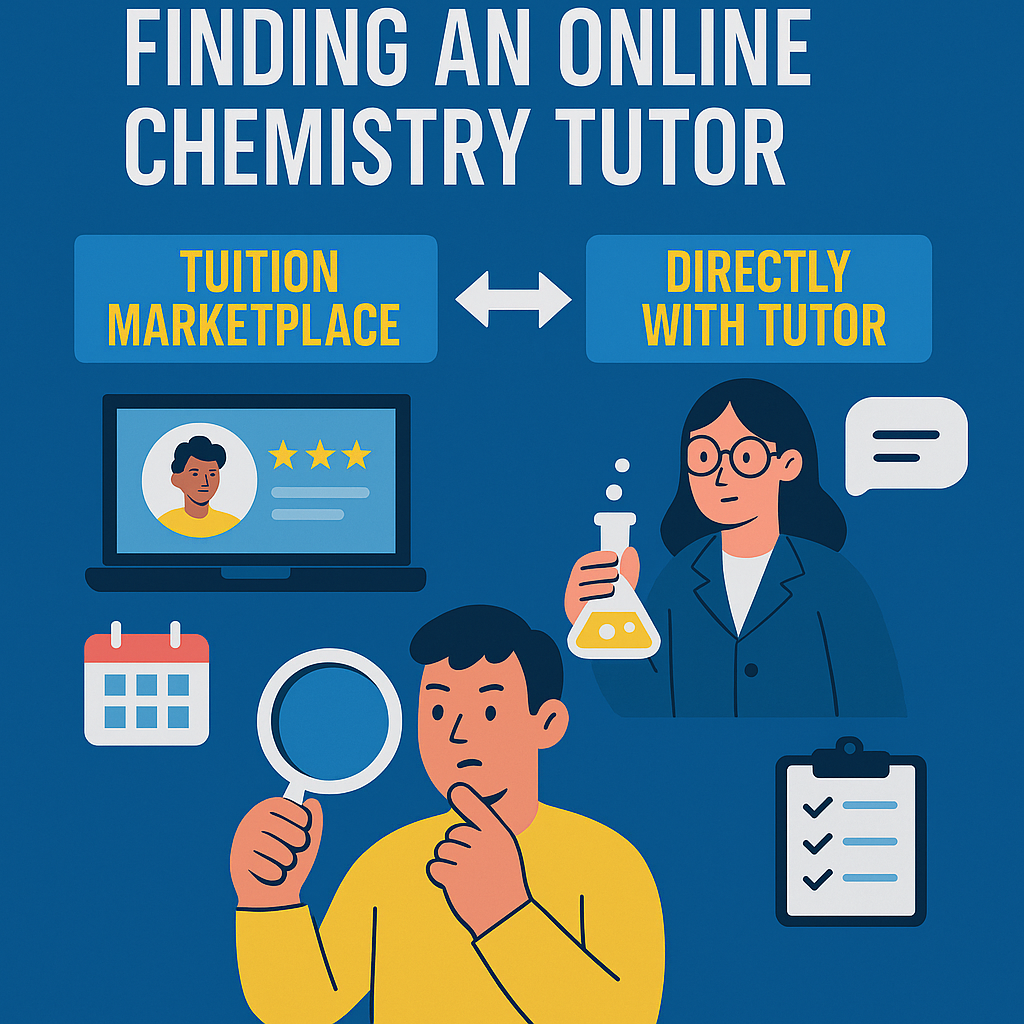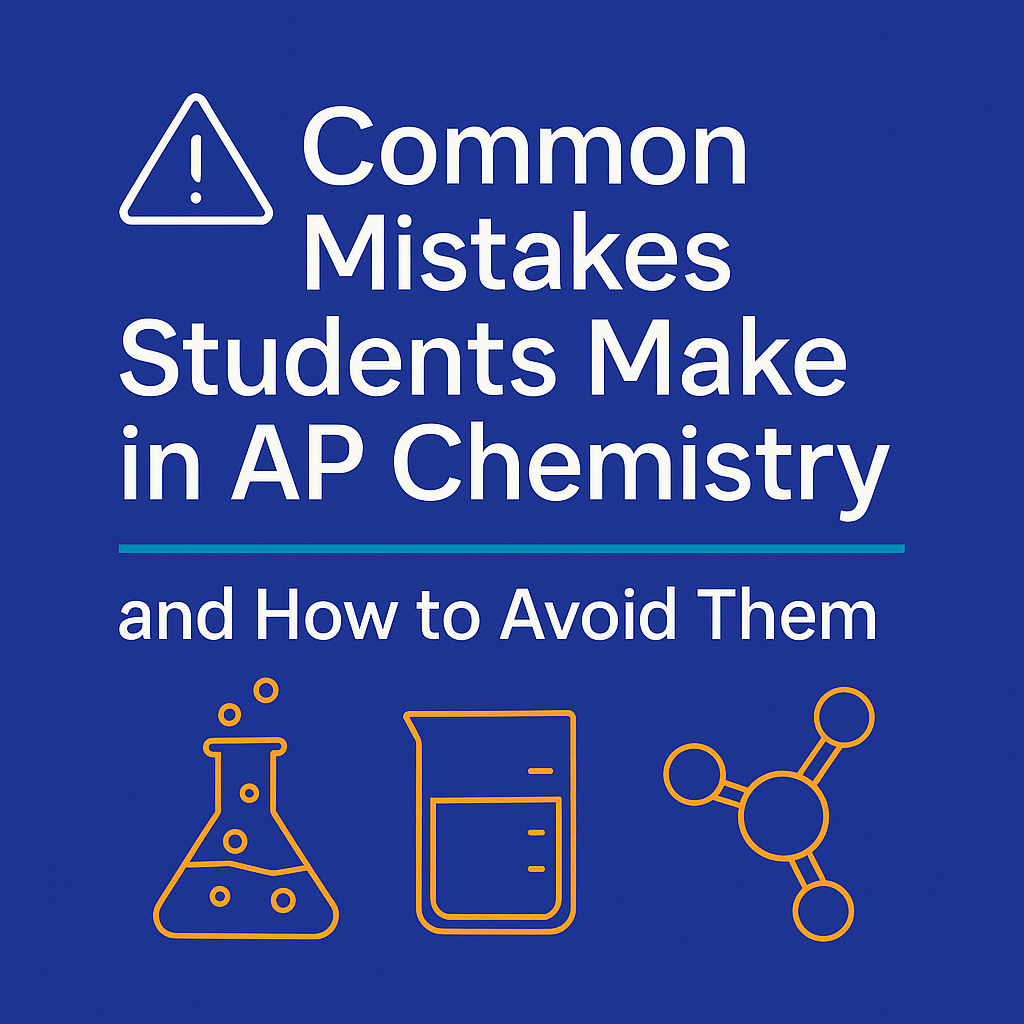How to Prepare for the Chemistry Part of Your Oxbridge Interview: Strategies for Oxford and Cambridge Success
The best candidates don’t bluff or panic—they stay calm, ask questions, and think aloud.
Being invited to interview at Oxford or Cambridge to study Chemistry (or Natural Sciences with a Chemistry focus) is a huge achievement. But what happens next can feel daunting. Unlike other university interviews, Oxbridge interviews are not just about motivation—they are mini academic supervisions or tutorials. Your chemistry knowledge will be put to the test in real time.
This guide explains exactly what to expect from the chemistry part of your Oxbridge interview, and how to prepare for it effectively—whether you're applying for Chemistry at Oxford, Natural Sciences (Chemistry focus) at Cambridge, or a related degree like Biochemistry or Chemical Engineering.
What Oxbridge Chemistry Interviews Are Really Testing
It’s a myth that you need to know everything before you walk in. Oxbridge interviews aren’t about what you’ve memorised—they’re about how you think.
In the chemistry portion of the interview, tutors are assessing:
Your problem-solving process
How you apply A-Level knowledge to unfamiliar situations
How clearly you explain your reasoning
Your willingness to engage with new concepts
Your resilience when challenged or corrected
You’re not expected to get everything right. What matters is how you respond to guidance, how you think out loud, and how you handle difficult ideas with curiosity and logic.
How Is the Interview Structured?
Each college may run things slightly differently, but most Oxbridge chemistry interviews will involve:
1–2 chemistry-focused interviews (often 30–45 minutes)
A mix of A-Level-style questions, applied puzzles, and on-the-spot discussion
Sometimes maths, physics or general science content, especially at Cambridge
Interviews conducted by one or more tutors—often the people who would teach you
You may be asked:
To explain a chemical concept (e.g. entropy, hybridisation, orbital overlap)
To work through a problem on paper or a whiteboard
To analyse unfamiliar data, a graph, or an experimental result
To apply knowledge to a new context (e.g. "What would happen if…?")
To draw structures, mechanisms, or reaction pathways
Your goal is not perfection. It’s to collaborate intellectually with the tutors, showing that you're ready to be taught at a very high level.
Step 1: Know Your A-Level (or IB) Chemistry Inside Out
Interviewers will often begin with something you've already studied.
You should be ready to confidently explain:
Atomic structure, bonding and hybridisation
Group trends and periodicity
Redox reactions and electrode potentials
Organic mechanisms and stereochemistry
Equilibria, Le Chatelier's principle, and acid-base reactions
Thermodynamics (ΔH, ΔS, ΔG) and rates of reaction
Molecular shapes and orbital theory
Don’t just revise the facts—practise explaining them aloud, clearly and logically. Imagine you're teaching it to a bright GCSE student. This is exactly the kind of tone Oxbridge tutors love.
Step 2: Practise Thinking Aloud With Challenging Questions
Many interview questions are designed to stretch you. You’ll be given a scenario or puzzle and asked to reason your way through it.
Examples:
“Why do some compounds have coloured solutions while others are colourless?”
“How would you separate a mixture of these three organic compounds?”
“This molecule contains three chiral centres—how many stereoisomers would exist?”
“Draw the reaction mechanism for this compound under acidic conditions.”
You may not know the full answer—but tutors want to see:
Logical structure to your response
Willingness to attempt
How you respond to hints or pushback
Practise with:
Past Chemistry Olympiad questions
Cambridge Chemistry Challenge problems
Open-ended chemistry puzzles from textbooks or university outreach programmes
Step 3: Read Widely—But Selectively
You’re not expected to have read a library of chemistry books—but demonstrating curiosity beyond the syllabus is a big plus.
Focus on:
One or two books that you genuinely find interesting
Being able to talk about them confidently and critically
Understanding any chemistry in them, rather than just name-dropping titles
Popular choices include:
The Disappearing Spoon by Sam Kean
Stuff Matters by Mark Miodownik
Periodic Tales by Hugh Aldersey-Williams
Why Chemical Reactions Happen by Keeler & Wothers (challenging but excellent)
Also check out the Oxford Chemistry YouTube channel and Cambridge Chemistry Challenge site for extension material and video explainers.
Step 4: Brush Up on Maths and Graph Skills
You won’t need advanced calculus, but you should be comfortable with:
Logarithms (pH, rate equations, etc.)
Graph interpretation (e.g. energy profiles, rate vs concentration)
Basic algebra and rearranging equations
Units and dimensional analysis
Working with scientific notation and Avogadro’s constant
Practice being able to think in numbers—how changes in one variable affect another. Chemistry is increasingly quantitative at university, and interviewers want to see that you’re ready.
Step 5: Prepare for Organic Mechanisms and Structure Drawing
Organic chemistry is a favourite area for Oxbridge interviewers because it tests:
Mechanistic understanding
Spatial awareness
Functional group recognition
Reasoning under pressure
Common tasks include:
Drawing arrow-pushing mechanisms
Predicting reaction products
Identifying functional groups or stereoisomers
Sketching 3D shapes (e.g. tetrahedral, trigonal planar, chiral molecules)
Practise drawing clean, correct mechanisms and explaining why electrons move where they do. Interviewers may test your understanding of curly arrows, carbocations, or SN1/SN2 pathways.
Step 6: Simulate Interview Conditions
One of the best ways to prepare is to practise speaking, reasoning, and being challenged—out loud and in real time.
Ask a tutor, teacher, or chemistry mentor to run a mock interview. If you don’t have someone available, try:
Online Oxbridge interview coaching services
Recording yourself answering chemistry puzzles aloud
Pairing up with a friend to ask each other questions from chemistry challenges
Simulated interviews help you:
Get comfortable thinking under pressure
Improve clarity and fluency
Spot gaps in your reasoning
Build confidence
Step 7: Learn to Handle “I Don’t Know” Gracefully
You will almost certainly be asked something you don’t know. That’s OK.
In fact, your response to uncertainty is one of the biggest things tutors are evaluating.
Good responses include:
“I haven’t come across this before, but I’d start by thinking about…”
“I’m not sure, but I know that [related concept], so maybe…”
“Would it help to consider [principle] here?”
Avoid going silent or guessing wildly. Show intellectual resilience—be curious, honest, and engaged. Tutors often give hints—use them.
Step 8: Know Why You Want to Study Chemistry
While technical questions dominate the interview, you may still be asked:
Why do you want to study chemistry?
What part of chemistry interests you most?
What have you done outside of school to explore it?
What topics do you wish your A-Level covered in more depth?
Be authentic. Reflect on:
A particular lab, topic, or project that sparked your interest
What kind of chemist you imagine being (research, teaching, industry)
What excites you about the subject beyond the classroom
This isn’t a test of your résumé—it’s about your enthusiasm and fit for the course.
Step 9: Prepare for Multiple Interviews (Especially at Cambridge)
Cambridge candidates are often interviewed by more than one college, especially if you’ve been pooled. Expect:
A primary interview with subject specialists
A second interview with different tutors (possibly from another department)
Varied styles—some very technical, others more open-ended
You may also face:
A pre-interview assessment (depending on the course/college)
Unexpected subject crossover (e.g. maths or physics questions)
The best way to prepare is to build adaptability. Be ready to explain your thinking to different personalities and challenge styles.
Step 10: Rest, Reflect, and Trust Yourself
In the days before the interview:
Review your notes—but don’t cram
Revisit your personal statement (in case it’s discussed)
Get good sleep and exercise
Practise breathing and relaxation techniques
Remind yourself: This is a conversation, not a quiz show
Interviewers want to see your thinking, passion, and potential. You don’t have to be perfect—you just need to show you’re teachable, curious, and serious about chemistry.
Final Thoughts: Oxbridge Chemistry Interviews Reward Real Thinking
You can’t prepare for every possible question—but you can prepare for the style of thinking Oxbridge wants to see. Focus on:
Deep understanding of A-Level content
Confident explanation and reasoning
Willingness to explore and engage with new ideas
Comfort with uncertainty and logic-based problem solving
The best candidates don’t bluff or panic—they stay calm, ask questions, and think aloud. Practice that skill, and you’ll be ready to show tutors that you belong.
Need Help Preparing for Your Oxbridge Chemistry Interview?
Book a free consultation with Dr Marguerite Quinn, an expert chemistry tutor with extensive experience supporting students through Oxbridge interviews. Whether you're aiming for Oxford or Cambridge, Marguerite can guide you through mock interviews, technical preparation, and confidence-building strategies that work.





Understand AQA A-Level Chemistry Section 3.1.1.2 on mass number and isotopes. Learn key definitions, isotope notation, calculations, and how this topic builds your scientific and exam skills.